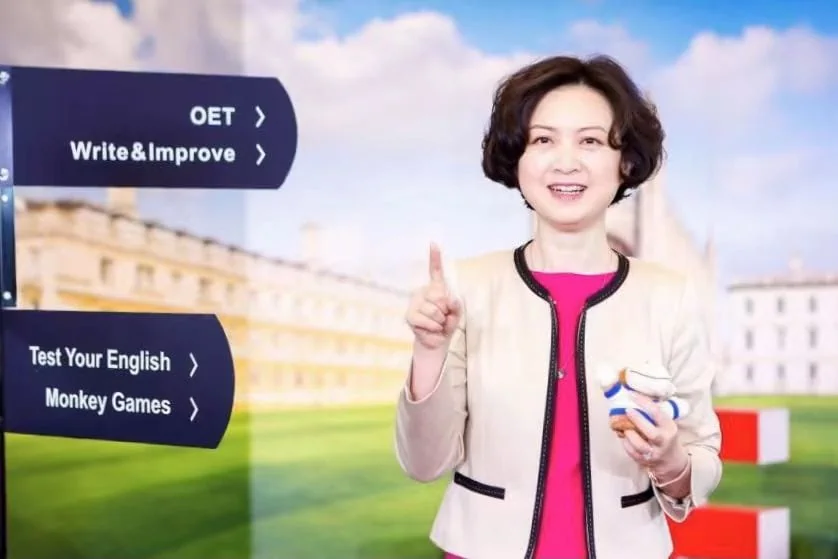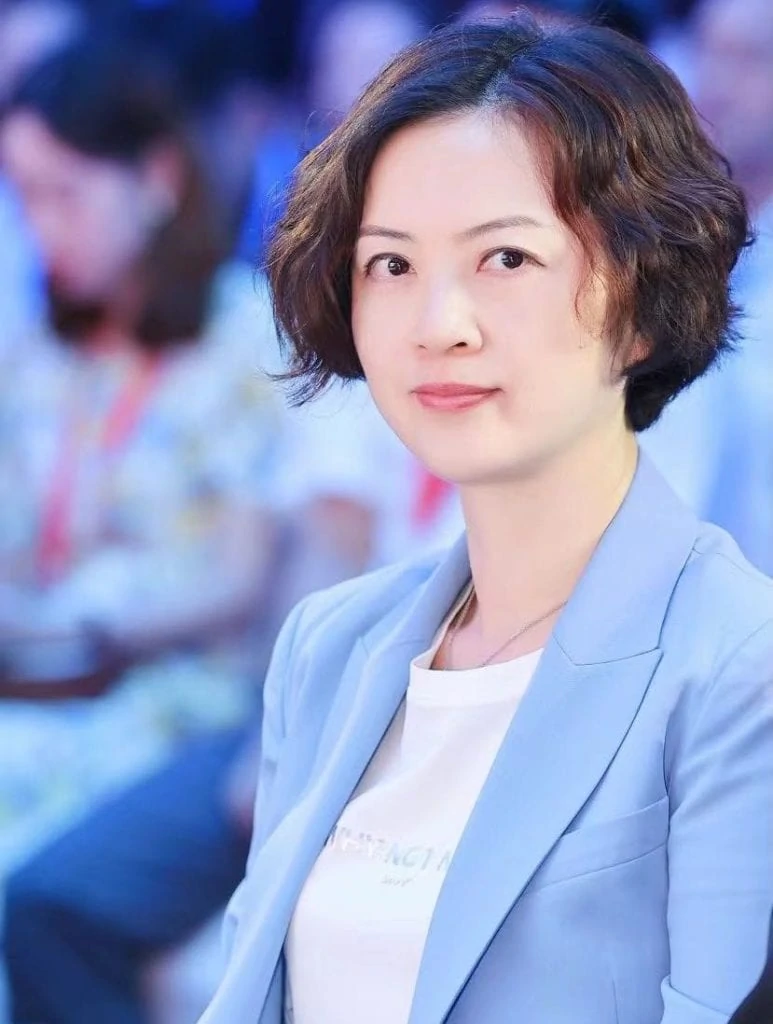To mark International Women’s Day on March 8, FOCUS is profiling female business leaders in the UK and China to hear their tips on correcting gender imbalance and discover how they got to where they are today. Here, Robynne Tindall speaks to Min Qu, Director for Asia Pacific at Cambridge Assessment English
Min Qu has been working in the education industry for almost 21 years, with a clear passion for supporting learning and making a positive impact. In her role at Cambridge Assessment English (CAE), she leads a team across seven countries in the Asia Pacific region, including Greater China, Japan, South Korea, ASEAN, Australia and New Zealand. Prior to joining Cambridge, she led Asia development for a London based university.
What inspired you to get into your current industry?
I have always followed my passion for education and my desire to bridge different cultures. I was brought up in China and then pursued higher education in the UK in the late 1990s. As one of only two Chinese students in my class, I experienced culture shock, but also the opportunities that a good education can lead to. After graduation, I wanted to help more students who aspire to get more international exposure. Then came my first job with the then University of North London (now merged with London Guildhall to form London Metropolitan University), where I helped establish many links between China and the UK. In my current role, I have seen many great examples of how English has really helped people to achieve more, go further and often change their lives.
How important is it to have a role model or mentor? Who is your role model?
It’s helpful to have a role model although it is not necessarily a must. What I find is that I have learnt different things from different people. There are several people who have had a major impact on me and, in a way, made me the person I am today.
The first has to be my mum. She is very smart and rose up to meet tough challenges in both her life and career. She taught me to be resilient and positive even in really testing times.
The second is Mark Bickerton, who was my first boss. He was one of the most sociable, kind, capable and sophisticated people I’ve ever met. He sadly passed away at the age of 50, but none of us have forgotten him for a minute. He deeply impacted many people around him, and for some, it was life-changing to have met him.
Men and women are equally talented and capable. They may be different in many aspects but no decision should be based purely on gender
How can language skills empower women in the workplace?
Language is certainly a great enabler that helps women — and men — go further in their careers. I myself benefited tremendously because of my English competency. It broadened my horizons and led me to be where I am now; my journey would have been literally impossible had I not had English skills. Before the Covid-19 pandemic, I travelled a lot, as you would expect, and one of my great joys was to learn different languages as I went. Being multilingual has become a lifestyle for me and my family.
What resources have helped you to achieve more and get further in your industry?
I love reading; it provides not just insights but also strength and resilience as well as pleasure. The book that struck me the most is Les Misérables, which helped me sail through some pretty dark waters.
What does a typical day at work look like for you?
I normally get up at 6.15am and get my daughter ready for school. Then around 8am I start to check my emails, followed by a regional senior management team meeting. Other external meetings with partners from the APAC also happen in the morning. Before lunch, I have a virtual coffee with my whole team (as we can’t travel and meet people in person). Lunch is important to me, so I usually go to the canteen so I can meet people and chat. Afternoon is my time with Cambridge, which is filled with many back to back meetings that usually run into early evening. 9pm is my cut off time, after which I will switch off, unless there is something really urgent that needs my immediate attention.
What is one thing people can do at work to help eliminate gender bias in the workplace?
Stop stereotyping. Men and women are equally talented and capable. They may be different in many aspects but no decision should be based purely on gender.
If you could sum up your best bit of business advice in one sentence, what would it be?
Probably a cliché but here you go: respect your competitor, empower your team and put your customer at the centre of everything you do.





